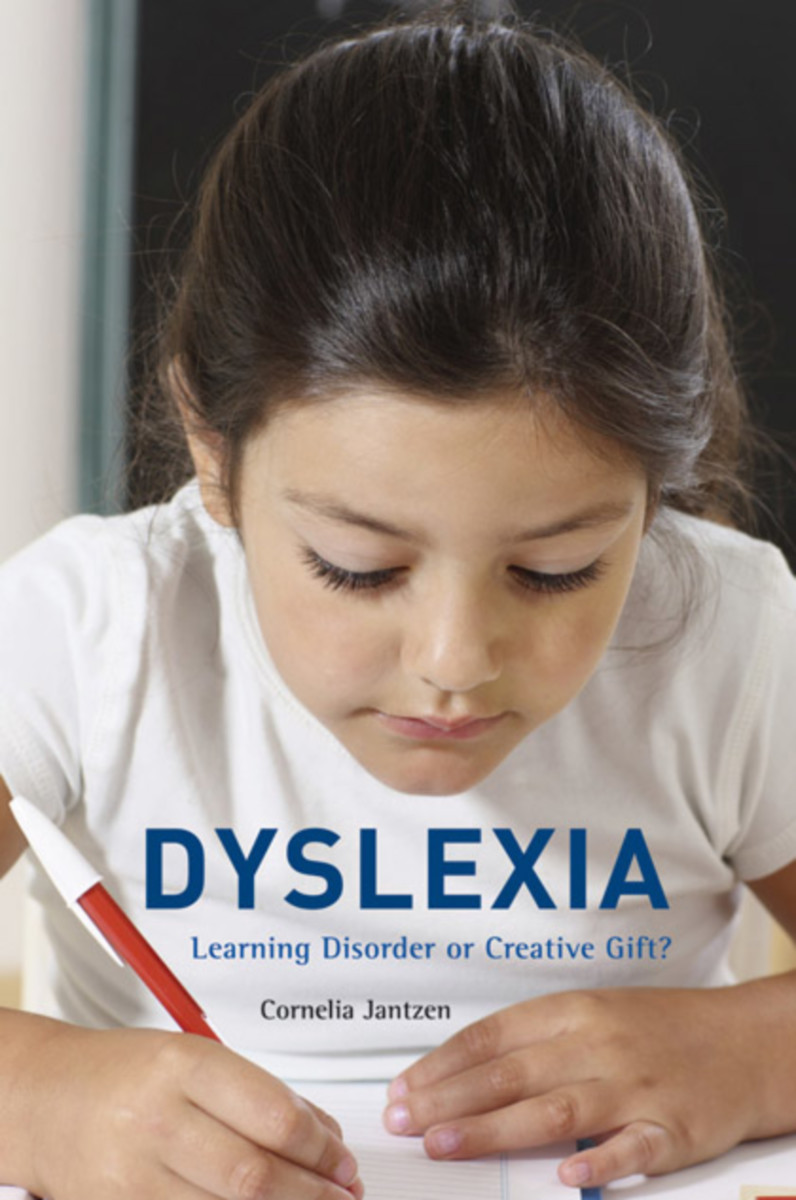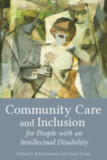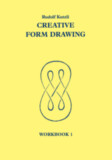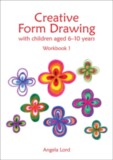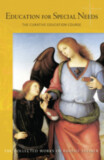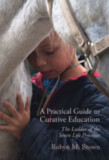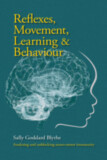Dyslexia
Learning Disorder or Creative Gift?
- Publisher
Floris Books - Published
20th November 2009 - ISBN 9780863157097
- Language English
- Pages 248 pp.
“There could scarcely be a clearer, more shocking indictment of the effects on a child of traditional verdicts about dyslexics: as people incapable of learning, low in intelligence, and defective. Cornelia Jantzen’s book gives a striking account of how she overcame this common, narrowly prejudiced view of dyslexia. Through daily observations, encounters, and experiences, she involves us in a process that gives greater insight into the special mode of perception and thinking of dyslexic children.” — Felicitas Vogt (from the preface)
Dyslexia has long been known as a learning difficulty that primarily affects literacy skills. Increasingly, however, researchers and professionals working with dyslexia suggest that it is less a disorder than a sign of specially gifted persons. Those with dyslexia frequently have a highly developed imagination and a unique way of perceiving. They often have above average intelligence and are highly creative, provided they are supported and nurtured by parents and teachers.
In this book Cornelia Jantzen explores the basis of this radical viewpoint. Throughout, she provides many practical examples that explore various aspects of dyslexia, giving parents and teachers greater confidence when dealing with the challenges that dyslexia presents.
Here is a helpful and encouraging book for anyone looking for new insights into the enigma of dyslexia.
C O N T E N T S:
Preface by Felicitas Vogt
A Proper Book Needs an Introduction by Cornelia Jantzen
Foreword to the Second Edition
PART I: How we’ve been maltreated...
The phenomenon of Dyslexia
Solving the Riddle of Dyslexia
Rudolf Steiner—a Dyslexic?
Multi-level Thinking
From Natural Talent to Manufactured Disability
Victory
Taking Stock
PART II: ...but let’s focus on the area of real capabilities
The Gift of Dyslexia
Spelling—an Outmoded Relic?
A Glimpse into Brain Physiology Research
Holistic Capacities
Brian-friendly Learning
PART III: ...and now for some kind of connecting bridge
Learning Literacy
Engaging with Reading Texts
Thinking about Grammar
Digression: Visible Language
Pictorial Thinking Exercises
Food for Thought
To End With (not an Afterword)
Appendices
1. Samples of Dyslexics’ Writing—a Different View
2. Further Information on the Davis Method
3. Learning Aids
References
Bibliography
Cornelia Jantzen
Cornelia Jantzen is a consultant on dyslexia in Hamburg and is the mother of two dyslexic children. Her interest in a new approach is based on her study of the Davis method, Waldorf education, and a broad overview of current practices.


